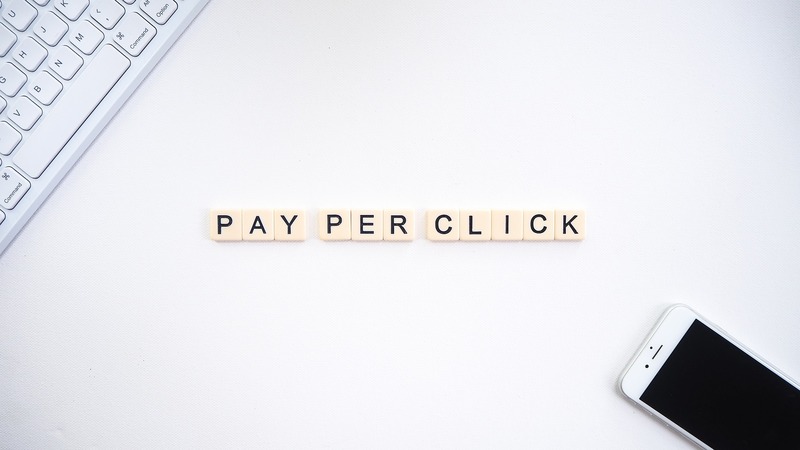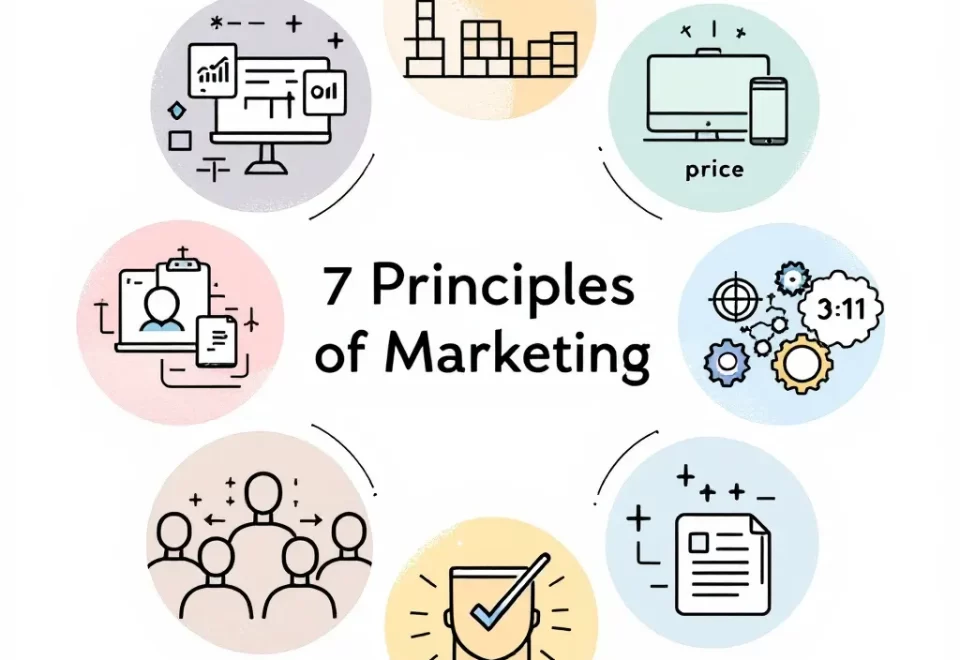Brand bidding can be extremely beneficial for a business, and it should be a part of your paid campaigns. It is a common practice among many PPC pros. However, some still resist this practice, thinking that it is a massive waste of money. They mostly rely on the results of an eBay study from seven years ago. Needless to say, in this industry, seven years is as long as a millennium. The importance of brand bidding is substantial, and there are many reasons why you need it. Some of them will seem obvious, others you are probably already familiar with, while some may not seem all that apparent. But before anything else, let's understand what brand bidding is.
What is Brand Bidding?
Brand bidding is also known as trademark bidding. It implies targeting paid search adverts to branded keywords. Simply put, it means using the company's name or its variations as keywords in PPC (pay-per-click advertising). If you bid on the trademarked product name, you can get higher conversion rates. The reason behind it is that people who search that keyword are looking for that specific product. So, when they come across your ad, they will click on it. And it's inexpensive. Since your ad has high relevance to the search, it's practically guaranteed to have a considerable score. So, the cost per click for branded searches end up trifling.
Why is Brand Bidding Important?
While there is still some debate regarding whether you should bid on your brand name, the reasons why you should are manifold. So, let's take a look at them.
You can accurately represent your brand
For starters, you can leverage trademark bidding to represent your brand in the best possible way. While affiliate bidding is also an option, it may lead to problems regarding misrepresentation. If you bid on your brand, you have the opportunity to accurately present it as no-one knows your brand as well as you do. Moreover, you get better messaging opportunities. Organic listings take time to pick up, mostly due to their limitations to your title, links, and snippet, which will showcase relevant information about your brand. Branded search allows for many customizable extensions. So, you can add your business phone number and address, links to other pages on your website, product images, user reviews, and more to your advert. Furthermore, to maintain a high ranking for your organic listings, you will have to optimize your titles, metadata, and descriptions continuously. With paid ads, you have full control over your messaging, and you can alter it whenever necessary.You can dominate search results for your brand name
When you bid on your brand name, it will allow you to show more listings on the search result page when someone types in your name: the more listings, the more information. And we already know that you can change information whenever needed. This will result in better brand authority. If you manage to dominate your brand SERP, all the negative reviews, unfavorable news related to your business, and competitors' advertisements will not show above you in search results.You can successfully block out competition
Since you will be occupying paid search results, it will function as a great preventative measure against your competitors diverting your potential customers. Your competitors may bid on your brand name, aiming to steal your traffic and clients. If you don't react, their paid ads will appear above your organic listings. Furthermore, if you apply a brand bidding strategy, you will appear on top of search results and make things harder for your competitors.
You can direct your visitors to different landing pages
The first search result when someone types in your brand name will likely be your homepage. However, if you are currently running a promotional campaign, you will probably want to send visitors to another page. While this is incredibly hard to do organically, paid ads will give you complete control over where your visitors will go. And again, you can change that whenever you need.You can gather invaluable information on keywords
Brand bidding often delivers valuable intelligence on keywords that you can later use for non-branded campaigns. For example, if you use a keyword phrase that consists of a brand name and another item (a name of a product, for instance) for your branded campaign, you may get surprisingly good results. Then you can compile the list of such combinations and use the keywords without the brand name in non-branded campaigns. Anyone who has dealt with SEO knows how important keywords are and how complicated the process of researching and planning keywords that will perform highly is. In addition, testing different combinations of keywords may lead to the discovery of a new market niche. Then, you can leverage that information by directing them to new landing pages.You can increase the overall quality score of your account
Unsurprisingly, branded terms often have high CTRs (click-through rates). As mentioned before, a person who searches for a particular brand will click on that brand's ad when they see it. Ultimately, high CTRs add to the higher account quality scores. It will also save you some money because Google will reward high-quality scores with a lower CPC (cost per click). Consequently, it will help improve your account ROI (Return on Investment).You can lower the impact of negative reviews
In case you have got some bad reviews or have been suffering from bad publicity, brand bidding can help push the harmful content further down. Also, if you are currently going through a crisis, you can use branded ads to address the issue by directing visitors to a dedicated page using a sitelink. This is an excellent way to remedy the situation and let your customers know what you are doing to deal with it.You can secure conversion
Let's think about a typical scenario. When people need something, they usually search for non-branded items. During their search, they may click on your non-branded ad or an organic result. This will take them to your website. Later, when they search for the product again, they may use your brand name for research. If you aren't doing brand bidding, they may not see you. So, technically, you are sabotaging yourself because a critical step on the conversion path is lost.You can promote products or services that get low search
If you have a product or a service on offer that receives minimal search volume, you can use brand bidding to promote them. You can do it by using sitelinks in your branded ads to direct customers to it and generate interest. That way, you will use brand bidding to compensate for less than successful organic search results. So, if your SEO efforts are underperforming, bidding on your brand can save the day and ensure your presence online.
How to Approach Brand Bidding?
To take full advantage of bidding on your brand and avoid losing revenue, you need to choose the best strategy suitable for your business and make the decisions that will be adequate for your company. Now, the way to go about it would require a whole separate article, but here is the outline of the steps you should take: • Define your objectives. What goals do you aim to achieve through your brand bidding strategy? For most, it will be profit, but you can have other plans as well. • Carry out a competitive analysis. In other words, evaluate external threats. Are you at risk of losing clicks and revenue? Is it because your name is not at the top of the search result page, or your competitor's ads are pushing your listings down. Determine if competitors are bidding on your brand name. • Determine the internal value of your ads. You can use brand bidding to mitigate a bad reputation or promote a product or service. • Create a strategic framework. After you have decided on your objectives and evaluated external factors, you should have a clear picture of how a branded-campaign will be valuable for your company and if it will be beneficial at all. The next step is to map out initiatives that will lead to measurable results. Also, decide on the budget you plan to allocate to implementing the initiatives and figure out how you will measure the success. • Commence implementation. All the way, monitor how well your efforts are performing and make adjustments along the way if you deem necessary.




